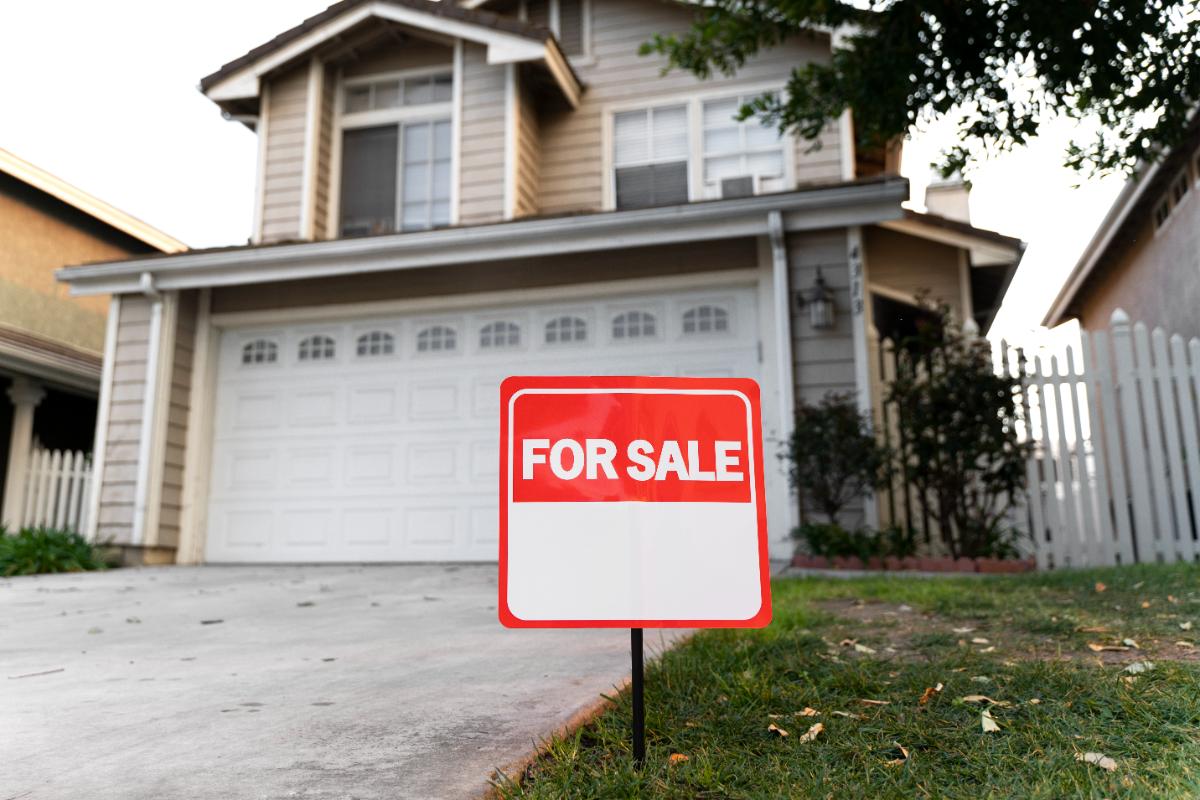How to Resolve Neighbourhood Disputes in the Gold Coast
Neighbourhood disputes can be stressful, but they don't have to escalate into heated arguments or costly legal battles. Living in close quarters often means dealing with noise, boundary lines, trees, or shared fences. However, many disputes can be resolved amicably if the right steps are taken. In the Gold Coast, there are several options available, from mediation services to formal legal actions, to help resolve these conflicts. This guide explores practical ways to settle neighbourhood disputes, ensuring you’re aware of your rights and responsibilities as a property owner or tenant.
Common Causes of Neighbourhood Disputes on the Gold Coast
Neighbourhood disputes can arise for many reasons, and they are often tied to day-to-day living arrangements. Recognizing the common causes of these conflicts is essential in addressing and resolving them before they escalate.
Noise Complaints and Boundaries
Noise disputes are among the most frequent causes of conflict between neighbours. Whether it’s loud music, barking dogs, or ongoing construction, excessive noise can disrupt the peace and lead to tension. In the Gold Coast, local laws set guidelines on acceptable noise levels, and these regulations vary depending on the time of day and activity. Understanding these local noise ordinances is important when addressing complaints.
Boundary disputes are another common issue. These conflicts often arise when property lines are unclear, or neighbours disagree on the placement of fences or shared structures. Boundary disagreements can become more complex if one party builds a fence, garden, or structure that encroaches on another's property.
Tree and Fence Issues
Disputes over trees and fences can be particularly tricky. In the Gold Coast, neighbours share responsibility for boundary fences, and disagreements often arise regarding maintenance or repair costs. Similarly, disputes over trees—whether it’s overhanging branches, falling leaves, or root damage—can lead to tension between neighbours. Under Queensland law, neighbours are required to take reasonable care of trees that could impact adjoining properties, and there are specific processes for resolving disputes related to trees and fences.
Steps to Resolve Neighbourhood Disputes Amicably
When faced with a neighbourhood dispute, it’s always best to start by attempting to resolve the issue amicably. Legal action should be considered only as a last resort. Fortunately, several strategies can help resolve disputes without escalating to formal complaints.
Mediation Services in the Gold Coast
Mediation is one of the most effective ways to resolve neighbourhood disputes without involving the courts. In the Gold Coast, various community mediation services are available to help neighbours reach a mutual agreement. Mediation is a voluntary process where a neutral third party helps both sides communicate their concerns and work toward a resolution. The mediator doesn't take sides but instead facilitates a productive dialogue between the parties.
By choosing mediation, neighbours can avoid the costs and stress of legal proceedings while reaching a solution that works for both parties. The Gold Coast offers several local mediation programs that specialize in resolving common disputes like noise complaints, boundary disagreements, and tree-related issues.
Using a Conflict Resolution Specialist
For more complex disputes, or when mediation fails, it may be necessary to bring in a conflict resolution specialist. These professionals have experience in managing difficult conversations and can help address the underlying issues that may be fueling the dispute. Conflict resolution specialists often work alongside mediators or legal professionals to ensure a fair and mutually beneficial outcome.
Using a conflict resolution specialist can be particularly helpful when disputes involve multiple parties, such as in a shared building or housing complex. Their expertise in dispute mediation and law can be invaluable in resolving even the most complicated situations.
.png)
When to Involve Legal Action in Neighbourhood Disputes
While mediation and conflict resolution are ideal, there are times when legal action is necessary to resolve neighbourhood disputes. This typically happens when communication breaks down, and one or both parties refuse to compromise.
Filing a Complaint with the Queensland Civil and Administrative Tribunal (QCAT)
When all else fails, neighbours can file a formal complaint with the Queensland Civil and Administrative Tribunal (QCAT). QCAT handles disputes related to property boundaries, tree disputes, and fences. If a neighbour refuses to address ongoing issues after mediation, or if the problem continues to escalate, filing a complaint through QCAT may be the only option.
To file a complaint with QCAT, the dispute must meet certain criteria, such as ongoing damage to property or a significant breach of local laws. The tribunal will review the case, and if necessary, issue a legally binding decision. Keep in mind that filing a complaint can be a lengthy and costly process, so it’s important to consider this option only when other methods have failed.
Legal Obligations for Neighbours
It’s important to understand that both parties in a neighbourhood dispute have legal obligations. In Queensland, property laws outline the responsibilities that neighbours have toward each other, especially when it comes to shared spaces like fences or overhanging trees. For example, Queensland's property laws stipulate that neighbours must contribute equally to the costs of maintaining or replacing shared fences.
Likewise, when it comes to tree maintenance, neighbours have a legal responsibility to ensure that their trees do not damage adjoining properties. Failing to adhere to these legal obligations can not only worsen disputes but may also result in fines or legal penalties.
Preventing Future Neighbourhood Disputes
Resolving a neighbourhood dispute is one thing, but preventing future conflicts is another. By taking proactive steps, you can maintain a peaceful relationship with your neighbours and avoid future disputes.
Open Communication Strategies
Good communication is key to preventing misunderstandings and conflicts with neighbours. By establishing open lines of communication from the start, you can address issues early before they become bigger problems. Whether it’s a simple conversation about a noisy party or a discussion about property boundaries, clear communication is essential to maintaining harmony.
If an issue arises, approach your neighbour calmly and respectfully. Avoid accusatory language and focus on finding a solution that benefits both parties. Setting up regular communication can also prevent misunderstandings from escalating into disputes, and keeping a positive relationship with neighbours can make it easier to address future concerns.
.png)
Conclusion
Neighbourhood disputes can be challenging, but knowing the steps you can take to resolve them is crucial. From mediation to legal action, there are several ways to settle conflicts without damaging your relationship with your neighbours. By maintaining open communication and knowing your legal rights, you can prevent and resolve neighbourhood disputes effectively.
How LegalFinda Can Help You
LegalFinda provides a comprehensive directory of legal services that can help you resolve neighbourhood disputes in the Gold Coast. Whether you’re seeking mediation services, a conflict resolution specialist, or legal representation for filing a complaint with QCAT, LegalFinda connects you with professionals who can guide you through the process. Avoid the stress of handling disputes on your own by finding the right legal help through LegalFinda.
FAQs About Settling Neighbourhood Disputes in the Gold Coast
What are common neighbourhood disputes in the Gold Coast?
Common issues include noise complaints, boundary disagreements, and tree or fence maintenance. These disputes often arise from misunderstandings or unclear property boundaries.
What steps should I take to resolve a neighbourhood dispute?
The first step is to communicate openly with your neighbour. If that doesn't work, consider using mediation services or a conflict resolution specialist. Legal action should only be considered if other methods fail.
When should I involve legal action in a neighbourhood dispute?
Legal action should be a last resort, typically when mediation has failed or if the dispute involves significant property damage or breaches of local laws. Filing a complaint with QCAT is one option for legal recourse.
How can I prevent neighbourhood disputes in the future?
Preventing disputes starts with open communication. Respect your neighbour's space and be mindful of local laws. By addressing concerns early, you can avoid escalating conflicts.

LegalFinda Editorial Team
The LegalFinda Editorial Team is composed of qualified Australian solicitors, legal researchers, and content editors with experience across family, property, criminal, and employment law.
The team’s mission is to translate complex legislation into clear, reliable guidance that helps everyday Australians understand their legal rights and connect with the right lawyer.



